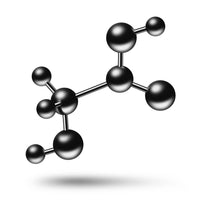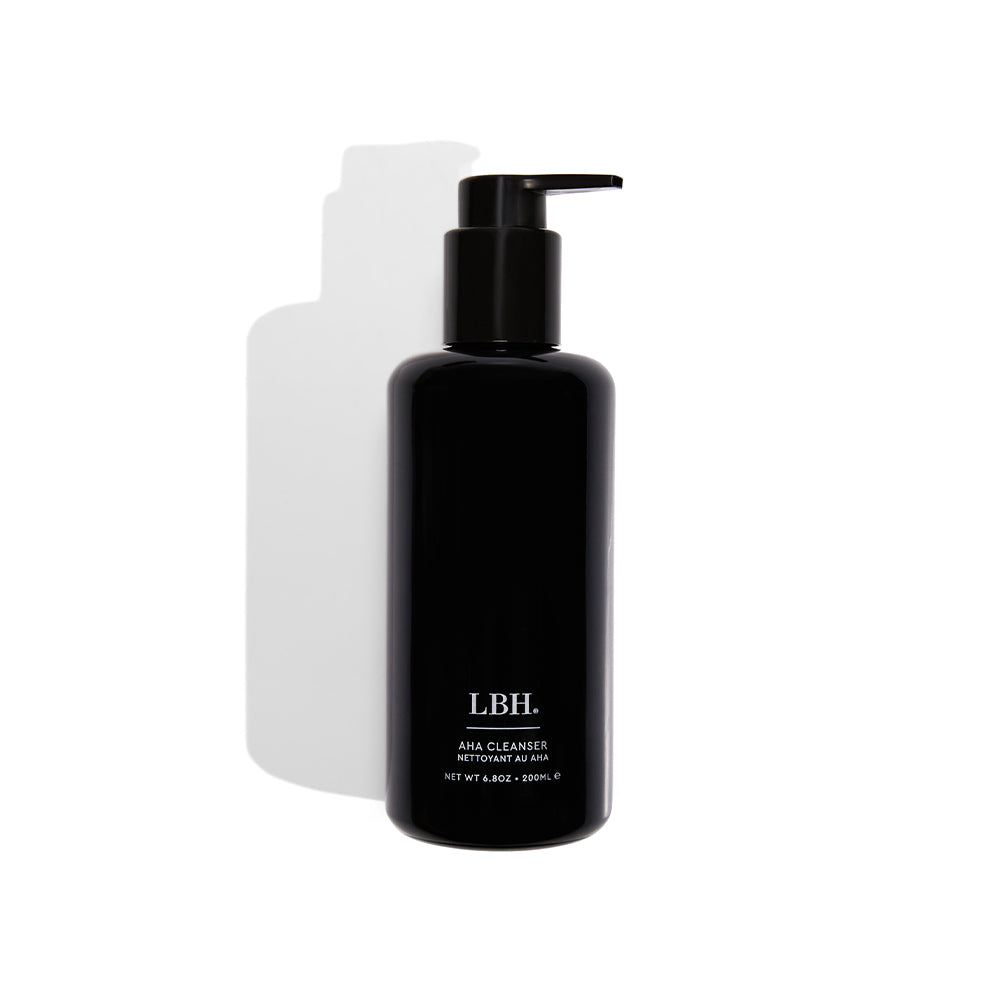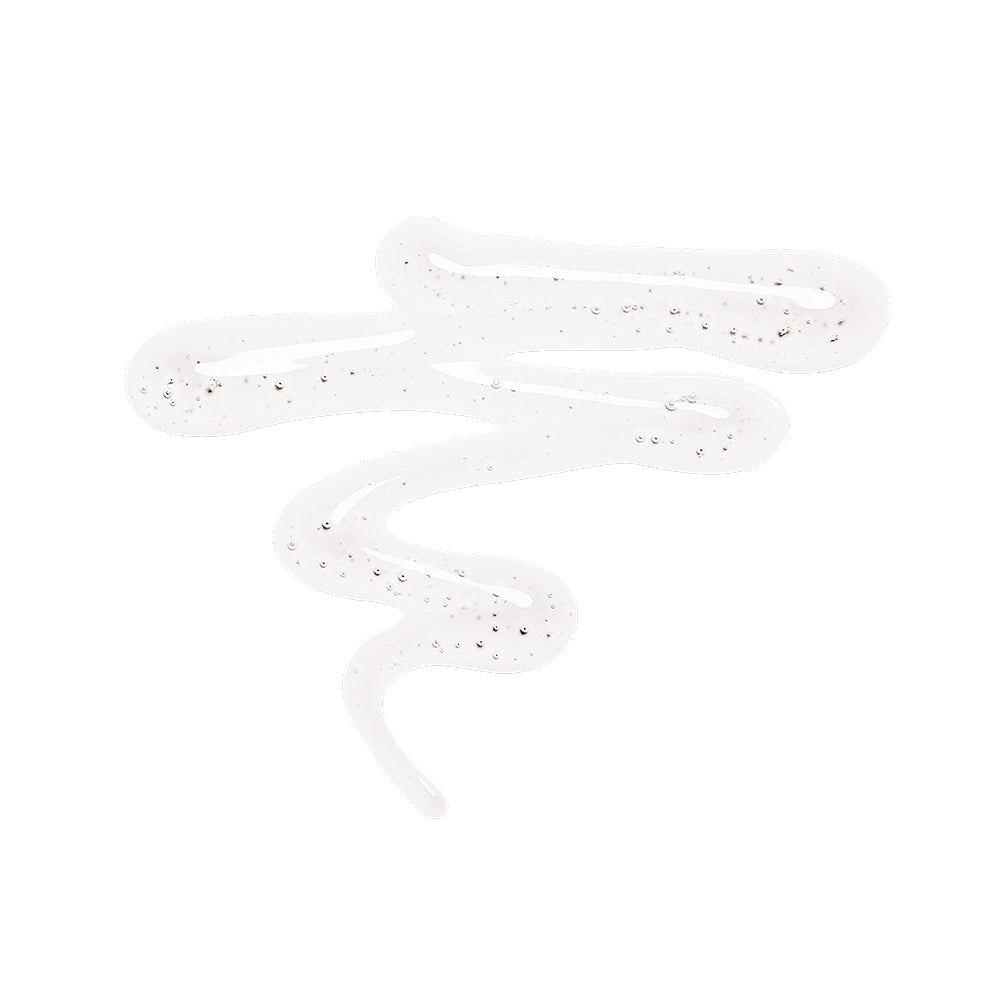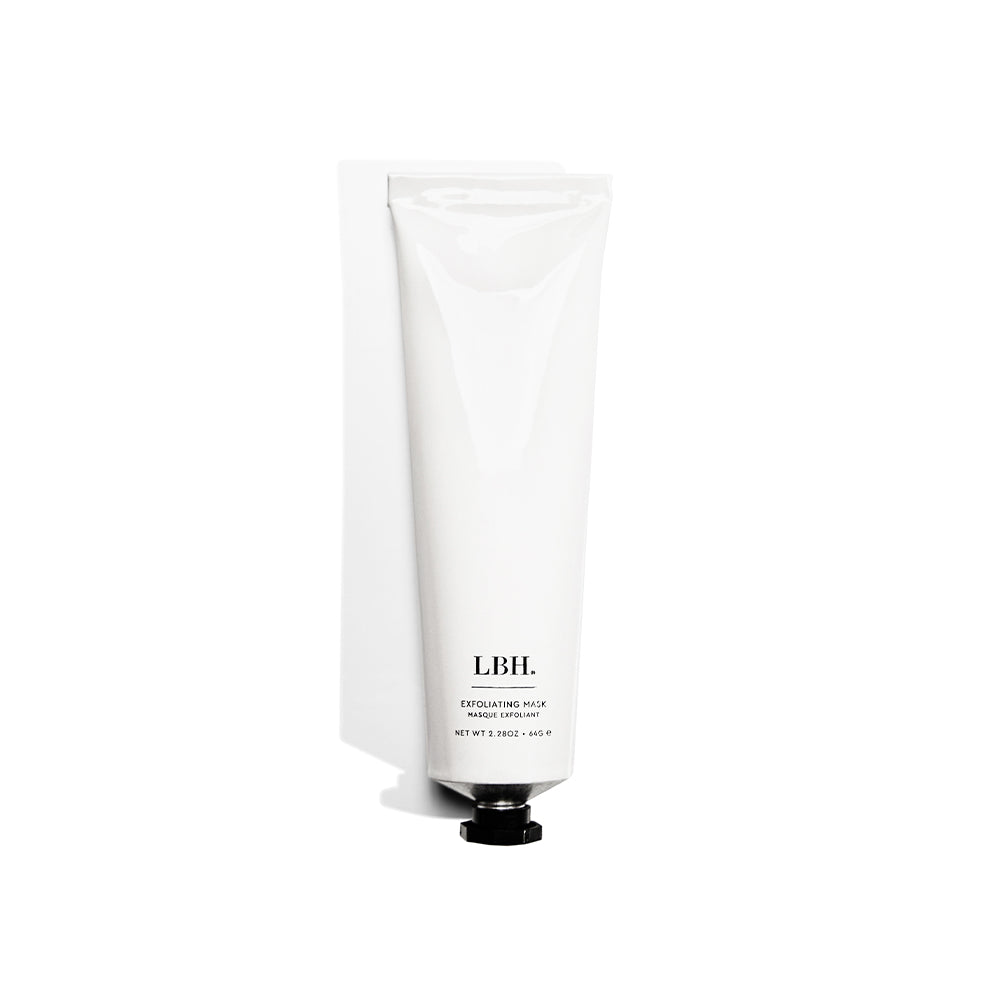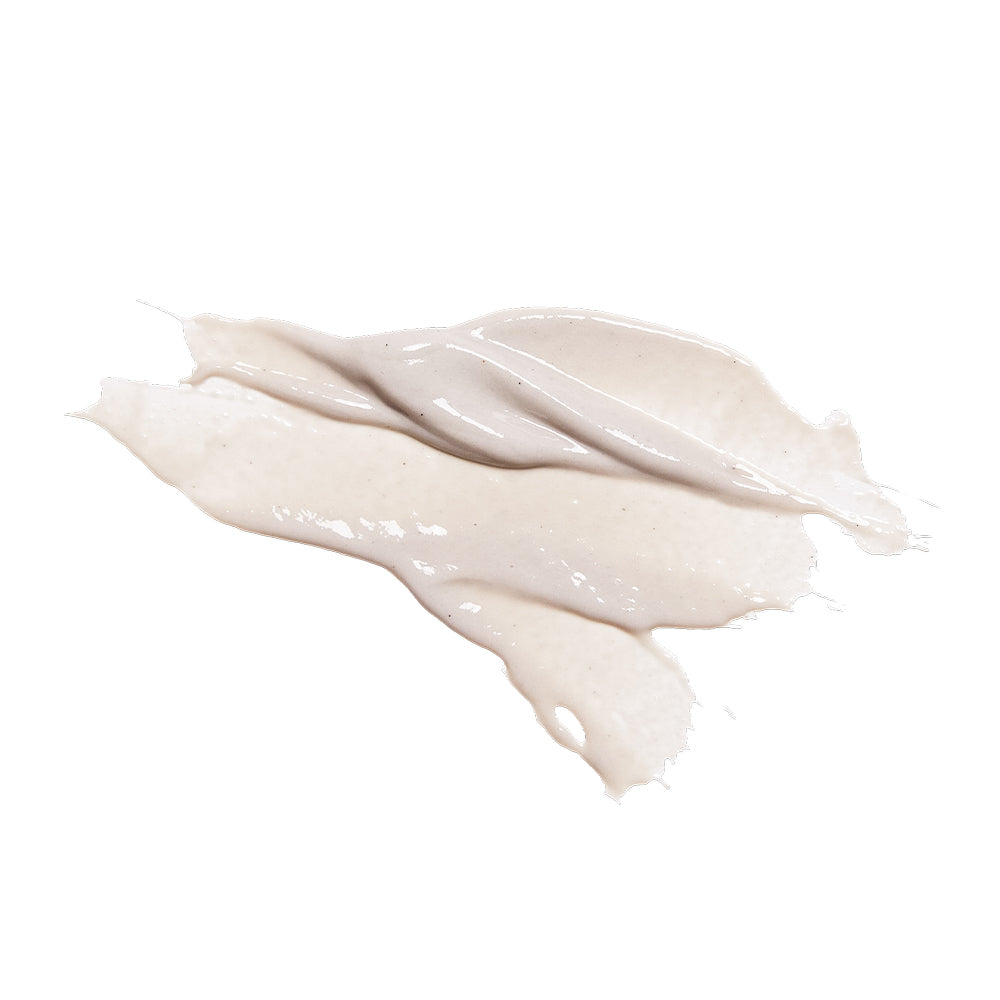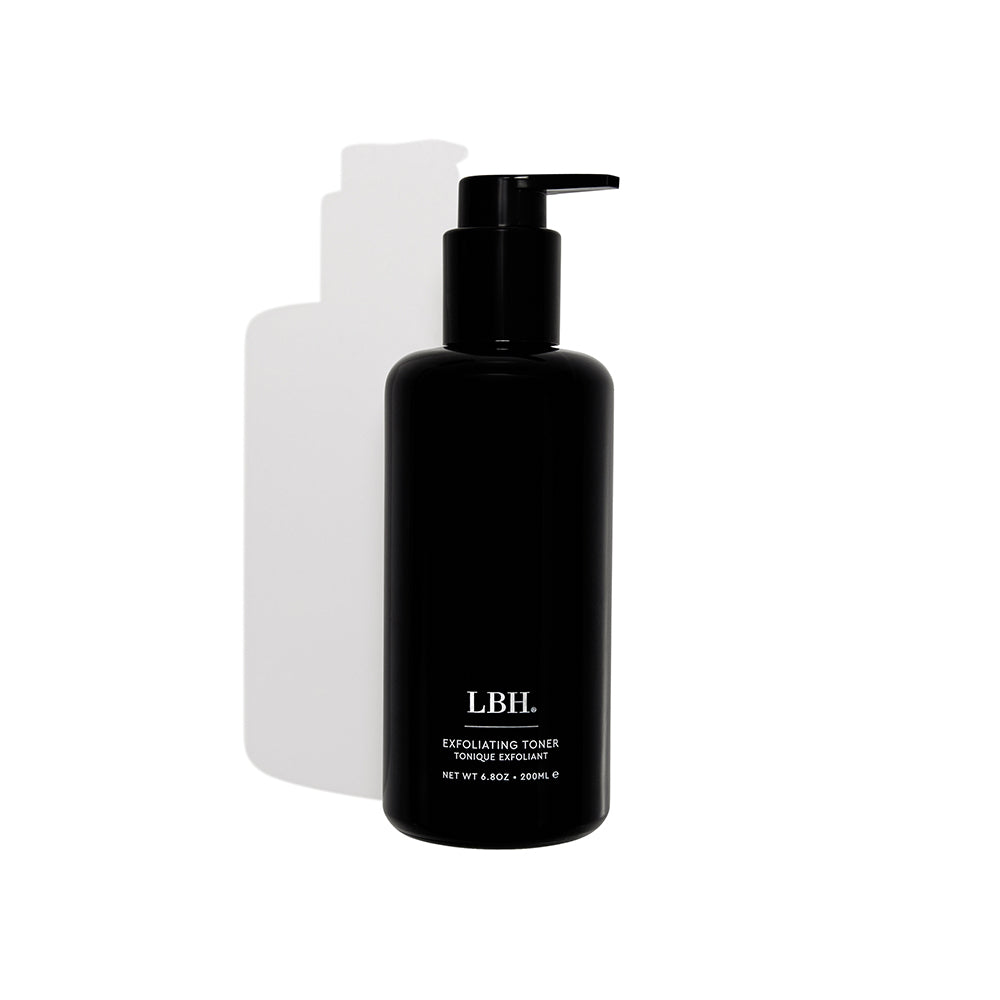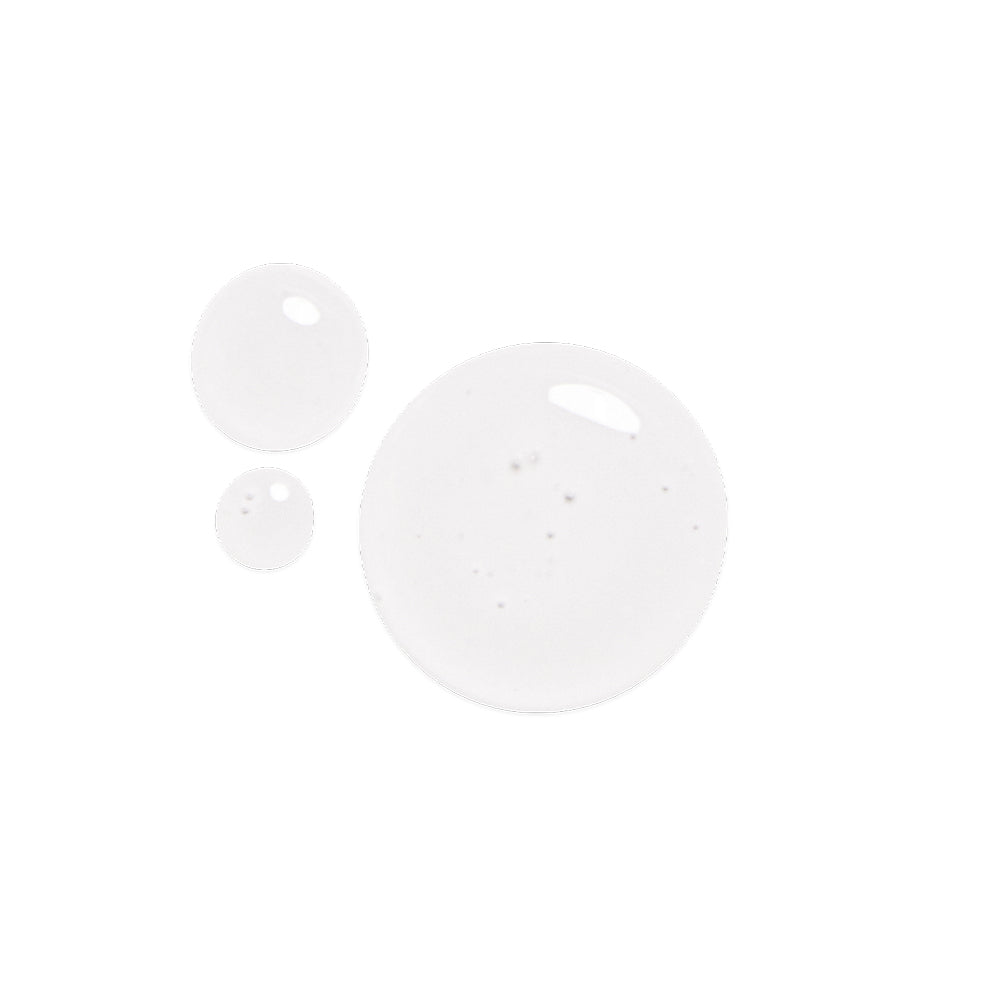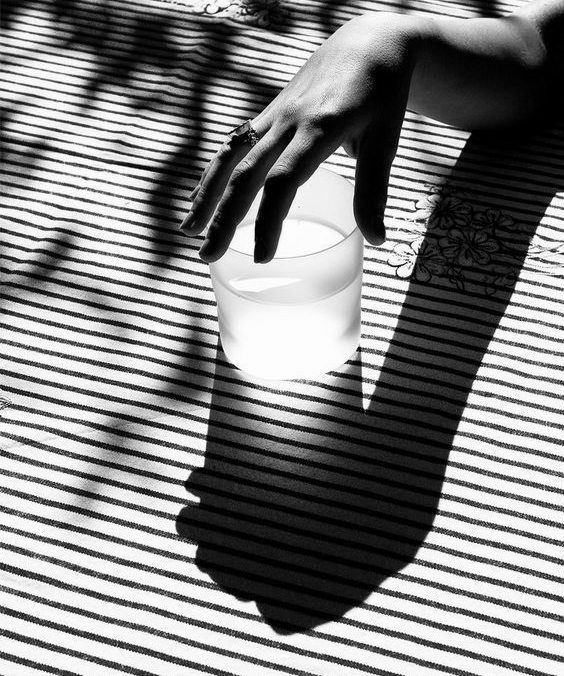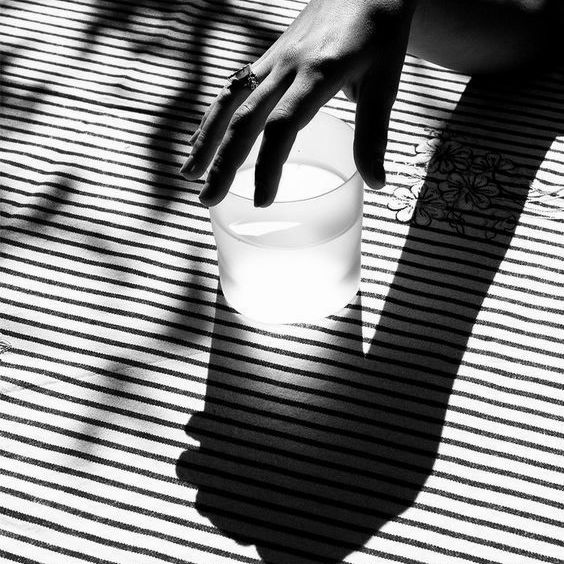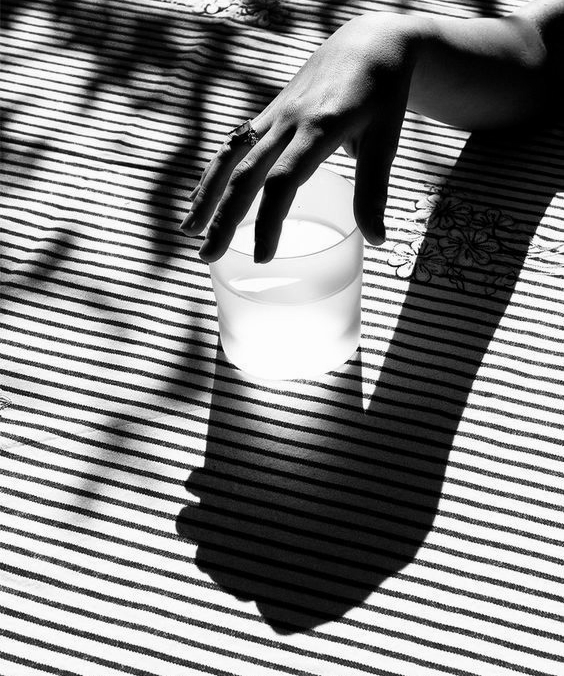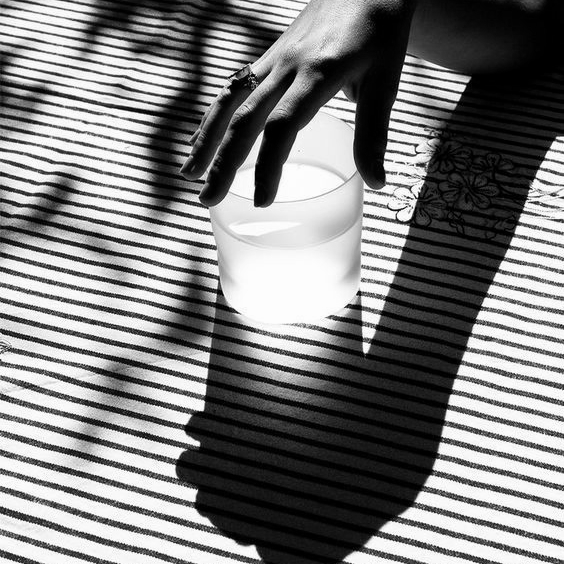Does Drinking More Water Really Transform Your Skin?
In the realm of skincare, few recommendations are as universal—and as polarizing—as the directive to "drink more water." Wellness circles praise its glow-inducing powers, while dermatologists often counter that the relationship between oral hydration and visible skin improvements is more nuanced than many believe. So what truly happens to the skin, specifically the epidermis, when we increase our water intake? And is the oft-quoted gallon-a-day rule grounded in dermatological science or wishful thinking?
Let us explore the science beneath the surface.
The Skin’s Structure: A Brief Overview
The skin is composed of three primary layers: the epidermis, dermis, and hypodermis. The epidermis, our outermost barrier, is largely avascular—meaning it lacks a direct blood supply—and is therefore not directly nourished by the water we drink. Instead, water reaches this layer via diffusion from the underlying dermis, which is rich in vasculature and connective tissue.
The outermost part of the epidermis, the stratum corneum, plays a critical role in maintaining hydration. It is composed of corneocytes (flattened, dead skin cells) embedded in a lipid matrix—often likened to bricks and mortar. When this matrix is intact, it holds moisture effectively. When it is disrupted, transepidermal water loss (TEWL) increases, leading to dryness, dullness, and impaired barrier function.
What Happens at the Cellular Level?
Water is essential for cellular function. Inside the keratinocytes (the predominant cell type of the epidermis), intracellular hydration helps regulate enzyme activity, gene expression, and barrier lipid synthesis. Dehydrated skin cells exhibit altered protein folding, impaired lipid production, and increased susceptibility to environmental stressors.
On a systemic level, when you consume water, it enters the bloodstream and is distributed to various tissues. However, the body tightly regulates water homeostasis through complex hormonal signaling (via ADH, aldosterone, and the renin-angiotensin system). It prioritizes critical organs—such as the brain and kidneys—over the skin. Therefore, the skin is among the last tissues to benefit from excess oral hydration.
Does Drinking More Water Improve Skin Hydration?
Scientific evidence suggests that drinking water does improve skin hydration, but the degree is modest and individual-specific. One study published in Clinical, Cosmetic and Investigational Dermatology (Palma et al., 2015) demonstrated that increased daily water intake enhanced deep skin hydration, especially in individuals with previously low water consumption. However, this effect was more prominent in the dermis than in the superficial layers.
That said, drinking a gallon of water per day is unlikely to dramatically alter the moisture content of your epidermis unless you were severely dehydrated to begin with. The skin's hydration levels are far more directly influenced by topical moisturizers, ceramides, humectants like hyaluronic acid, and a healthy skin barrier than by excessive internal water consumption.
The Gallon-A-Day Myth: Is More Always Better?
The “gallon a day” trend has been glamorized on social media, but it lacks scientific consensus. Overconsumption of water can, in rare cases, lead to hyponatremia, a dangerous dilution of sodium levels in the blood. Moreover, there is no one-size-fits-all recommendation. Hydration needs vary based on body size, activity level, climate, and diet.
In dermatological terms, there is a saturation point beyond which additional water offers no further benefit to skin health. Drinking beyond your physiological needs may improve general well-being and kidney function, but its effect on skin texture, elasticity, or glow is likely marginal unless paired with effective topical care.
The LBH Perspective: Hydration is Multifaceted
At LBH Skincare, we believe optimal skin hydration begins internally and ends at the surface. Yes, sufficient water intake supports cellular integrity and systemic detoxification—but skin truly thrives when oral hydration is matched with barrier-supportive formulations, humectants, and occlusives that lock in moisture at the skin’s surface.
Our minimalist, high-performance skincare line is designed to respect and replenish the stratum corneum’s natural function—helping the skin retain water more effectively, regardless of how much you drink.
Conclusion: Drink Mindfully, Moisturize Intelligently
In short, while drinking enough water is essential to overall health and may offer modest benefits to dermal hydration, it is not a standalone strategy for achieving radiant skin. The epidermis, with its unique structural demands, relies more on lipid balance, moisture retention, and barrier repair than it does on internal water intake alone.
A glass of water may refresh you—but a glass bottle of nutrient-rich, microbiome-friendly skincare will transform you.
Disclaimer: This article is for informational and educational purposes only and is not intended to diagnose, treat, cure, or prevent any disease. The content herein does not constitute medical advice and should not be interpreted as such. Always consult with a licensed physician, dermatologist, or qualified healthcare provider regarding any questions you may have about your health, hydration needs, or skin concerns. LBH does not claim that increasing water intake alone will resolve dermatological conditions or replace professional care.
References
-
Palma, L., et al. (2015). The effect of water intake on skin hydration and function: a randomized controlled trial. Clin Cosmet Investig Dermatol, 8, 413–421.
-
Rawlings, A.V., & Harding, C.R. (2004). Moisturization and skin barrier function. Dermatologic Therapy, 17 Suppl 1, 43–48.
-
Proksch, E., Brandner, J.M., Jensen, J.M. (2008). The skin: an indispensable barrier. Exp Dermatol, 17(12), 1063–1072.
-
Fluhr, J.W., Darlenski, R., Angelova-Fischer, I. (2008). Skin hydration and moisturizers. In: Lodén, M., Maibach, H.I. Dry Skin and Moisturizers: Chemistry and Function.
